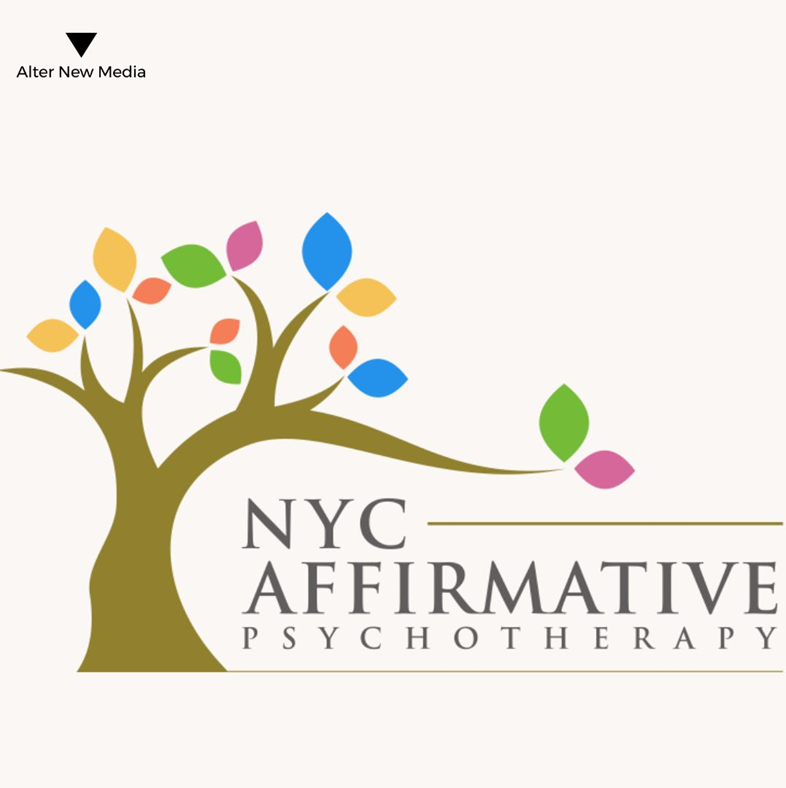Author, Cynthia Uduchukwu
It all started with a glaring reality: Black queer LGBTQ+ individuals up to date often face a double dose of discrimination and misunderstanding, not just in daily life but also when seeking mental health care. Seeing the inadequate treatment and frustrating lack of accessibility that affected so many, Aaron Skinner-Spain founded NYC Affirmative Psychotherapy right in the heart of New York City.
His vision was clear: to create a place where mental health care is not only accessible but also affirmatively supports each individual’s identity, with a particular emphasis on queer and trans people of color (QTPoC).
For Black members of the LGBTQIA+ community, the journey toward mental health is often laden with unique and severe challenges. Studies and reports have alarmingly indicated that Black LGBTQIA+ individuals face higher risks of mental illness and suicide, primarily due to systemic racism, homophobia, and transphobia. These stark realities underline the critical need for specialized mental health services that not only recognize but actively address the specific traumas associated with such experiences.
NYC Affirmative Psychotherapy’s mission statement — “To provide affirmative psychotherapy in a sustainable way to the community” — captures its dedication to essential principles that guide its services and shape its community impact. Here’s a deeper look into each of the key pillars derived from this concise yet powerful mission:
Affirmative Psychotherapy
At the heart of their mission lies the commitment to provide affirmative psychotherapy. This approach is about more than just traditional therapy; it’s about validating and affirming the identities and experiences of individuals, particularly those from marginalized groups such as the LGBTQIA+ community. Affirmative psychotherapy ensures that clients feel seen and understood in aspects of their sexual orientation, gender identity, and cultural backgrounds. It focuses on empowering clients helping them build resilience and a positive self-concept amidst societal marginalization. The therapy is also culturally competent and equipped to address the unique challenges and needs of the LGBTQIA+ community sensitively and effectively.
Sustainability
The aspect of sustainability reflects the organization’s commitment to maintaining and providing consistent, long-term psychotherapy services. This pillar ensures vital services remain accessible to the community regardless of economic fluctuations or funding changes. It involves implementing a sliding-scale payment model to make services affordable to all community members and seeking diverse funding sources to maintain organizational stability. The goal is to develop a scalable model that can adapt to the growing demands and changing needs within the community, ensuring the longevity of support and accessibility.
Community Focus
The focus on “the community” emphasizes a tailored approach to service that prioritizes the needs of a diverse population, especially those often overlooked by mainstream mental health resources, such as queer and trans people of color (QTPoC). NYC Affirmative Psychotherapy engages deeply with community members and other organizations to forge strong relationships that enhance their understanding of and response to community needs. Moreover, the organization extends its impact beyond direct services by participating in broader educational and advocacy efforts. These efforts foster greater societal understanding and support for the LGBTQIA+ community, promoting inclusivity and advocacy on multiple fronts.
NYC Affirmative Psychotherapy offers a comprehensive range of services, including individual therapy, couples counseling, group therapy, and educational workshops. These services are designed to be financially accessible through a sliding-scale payment model, ensuring that no one is denied care due to financial constraints.
Central to the success of these programs is the team of highly skilled therapists at NYC Affirmative Psychotherapy. Each therapist brings a specialized understanding of the intersectionality of race, sexuality, and gender identity, backed by ongoing training and a commitment to anti-oppressive practices. Their expertise is important in creating a therapeutic environment where healing is both a priority and a reality.
Significant mental health disparities in BIPOC and LGBTQ+ communities underscore the need for NYC Affirmative Psychotherapy services. Here are some concerning statistics:
- Suicide Rates: According to The Trevor Project’s 2022 National Survey on LGBTQ Youth Mental Health, 42% of LGBTQ+ youth seriously considered suicide in the past year, with even higher rates among transgender and non-binary youth.
- Depression and Anxiety: The National Institute of Mental Health reports that Black adults are 20% more likely to experience major depressive episodes than white adults, and Hispanic adults are 1.5 times more likely to experience anxiety disorders than non-Hispanic white adults.
- Access to Care: A 2021 study published in the Journal of the American Medical Association found that LGBTQ+ adults were less likely to have received mental health services in the past year compared to heterosexual adults.
These statistics highlight the urgent need for culturally competent and accessible mental health care services for BIPOC and LGBTQ+ individuals, which NYC Affirmative aims to provide.
The impact of NYC Affirmative Psychotherapy on the community is deep and wide-reaching. Personal stories from clients—whether they are tales of battling depression, overcoming anxiety, or finding self-acceptance—highlight the life-changing support the therapy offers. Many clients have expressed that finding a space where their racial and sexual identities are not just acknowledged but embraced has been reassuring in their mental health journeys.
NYC Affirmative Psychotherapy shines as a beacon of hope and a force for change in a city as big and diverse as New York. Aaron Skinner-Spain and his team ensure everyone has access to the care they deserve, especially those often left behind by traditional systems.





